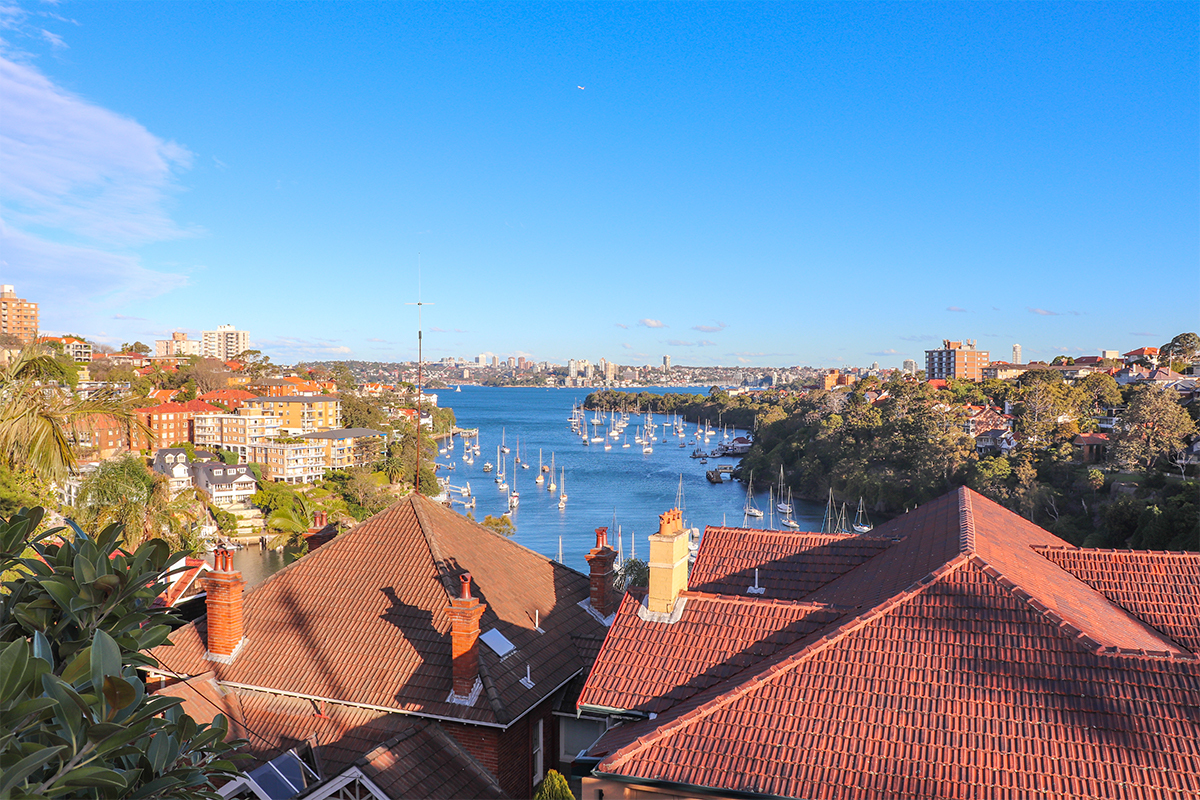As the delta variant of COVID-19 spreads in Australia, and vaccination rates remain low, CoreLogic has released a comprehensive overview of housing market performance through lockdowns.
The report uncovers some key elements of housing markets in lockdown to help inform expectations for the coming weeks, including:
- Auction results across Sydney and Melbourne have remained resilient in lockdown, particularly circuit-breaker lockdowns, although a larger than normal number of auctions are typically withdrawn, postponed or sold prior to the auction event.
- Transaction activity slows markedly through lockdown periods, however a ‘catch up’ in home purchases has been evident as restrictions ease.
- Property values have remained resilient through lockdowns, and have seen strong growth as social distancing restrictions eased.
- Stability of housing market values is likely subject to extensive government stimulus and institutional support for the sector; a factor which is far less certain going forward.
More recently, the Sydney housing market has been relatively resilient amid the past week-and-a-half of lockdowns. For the two weeks ending 4th of July, Sydney has seen 74.6% of scheduled auctions achieve a successful result. This was slightly lower than the previous week ending 20th of June, when 76.8% of auctions saw a successful result, and below the previous five-year average, where 77.2% of results have been successful.
Australian housing market values had a peak to trough decline of just -2.1% through 2020, before surging 12.2% through the first six months of 2021.
CoreLogic Head of Research for Australia, Eliza Owen, noted this was due to the unique dynamics of a COVID-induced lockdown.
“It is true that demand takes a hit during lockdowns” she said. “There was a lot of uncertainty amid stage two restrictions nationally last year, and sentiment for housing market outcomes plummeted. But supply also declined, because sellers and agents knew it may not be the best time to market property. That helped to balance out the overall effect on prices.”
However, Ms Owen also notes that although the housing market did not crash because of COVID-19, government and institutional responses played a key role in market stability.
“A big part of why the housing market didn’t see further value declines was the enormous income support packages provided to households, the role of JobKeeper in maintaining employment relationships, low mortgage rates and mortgage repayment deferrals.
“In the event of another extended lockdown, the future of housing demand and supply becomes much less certain if that same government and institutional support is not there,” Ms Owen said.

